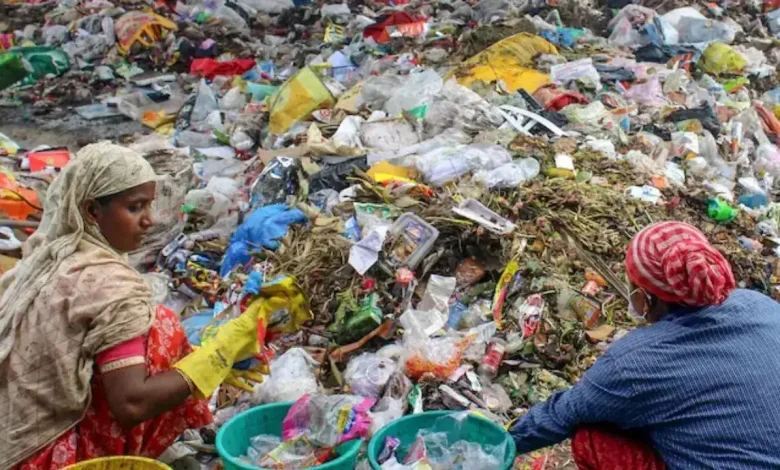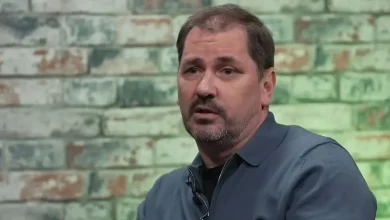From Trash to Power: How Bengaluru Lights Up 25,000 Homes with 200 Tonnes of Waste

Bengaluru is Turning 200 Tonnes of Daily Waste into Clean Power for 25,000 Homes (Representative Image)
Photo : PTI
Bengaluru is making significant strides in sustainable waste management by transforming 200 tonnes of daily waste into clean power. The Bidadi Waste-to-Energy (WTE) plant, located in the Ramanagara district, now processes this segregated dry waste, generating approximately 11.5 megawatts of electricity each day, enough to supply power to around 25,000 households, according to a TOI report.
Waste-to-Energy Process Explained
Chief Executive Officer of Bengaluru Solid Waste Management Limited (BSWML), Kareegowda, told TOI that the consistent supply of segregated waste has facilitated this clean energy production. The Bidadi plant, established by Karnataka Power Corporation Ltd (KPCL), operates on a Design, Finance, Construct, Operate and Transfer (DFCO&T) model, with a total investment of Rs 314.7 crore. It processes 600 tonnes of waste daily, which includes refuse-derived fuel sourced from legacy waste and segregated dry waste collected from households.
As waste segregation practices improve, Bengaluru has witnessed a reduction in the amount of mixed waste sent to landfills. According to recent reports, the number of compactors transporting waste to landfills has decreased from 390 to 340 over the past month. The city’s waste composition consists of approximately 35% plastic, with high-grade plastics being recycled at dry waste collection centres and low-grade plastics diverted to the Bidadi plant for energy recovery.
What are the Future Prospects for Waste Management?
Since its operational launch in June 2024, the Bidadi facility has processed 168,036 metric tonnes of waste and produced 54.3 million units of electricity. Energy Minister KJ George commended the plant as a benchmark for sustainable urban waste management, highlighting its role in converting waste into clean electricity while addressing the city’s disposal challenges. He noted that the ash produced from the process will be utilised for road construction, ensuring comprehensive resource recovery.
If source segregation is effectively implemented across Bengaluru, officials believe that three additional waste-to-energy plants could be established, potentially providing power to around 100,000 households. This initiative not only signifies a shift towards cleaner energy but also aims to drastically reduce waste dumping and reliance on landfills.
Get Latest News Live on Times Now along with Breaking News and Top Headlines from Bengaluru and around the world.





